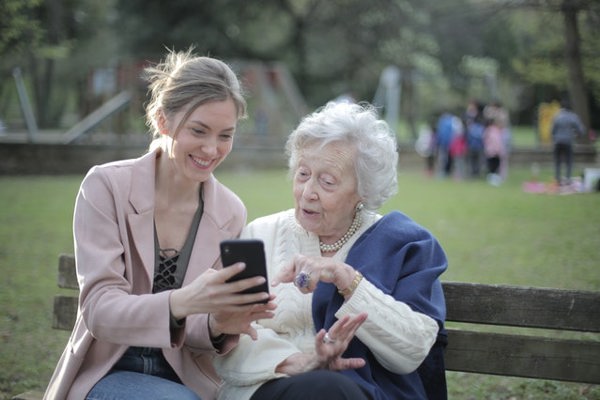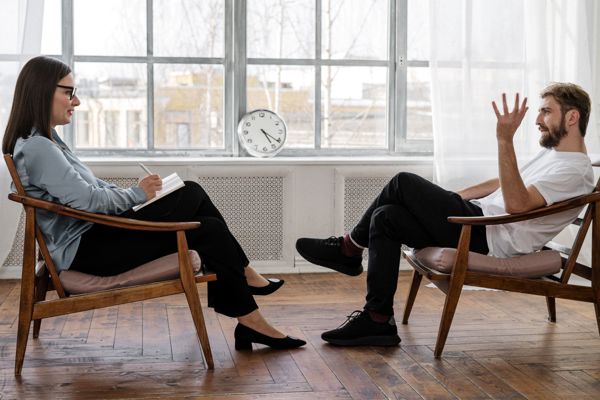This case involves two children, 8 and 7, who lived with their parents in England until their separation in 2012. They then continued to live with their mother in England up until around October 2015 when the mother allegedly removed them to Alaska without the permission of the father or the English court. The mother had in 2014 married an Alaskan man and gave birth to a son by him in May 2015. The mother had asked the English court's permission to relocate her elder two children to Alaska in 2015 and this permission was refused.
The children have been living in Alaska for nearly three years. However, their mother is not in Alaska, she was arrested for child abduction and passport fraud offences in Alaska and was extradited to England in April 2018. Her criminal trial took place in September 2018 and she pleaded guilty and was sentenced to three and a half years. The elder children's natural father has been without his children since October 2015 and they remain in Alaska under the care of their stepfather. The English court has dismissed the father's court action to have his children returned to England.
How could this have happened? The remedy which would have been available (and technically still is) to the father of the elder children is to raise a court action in Alaska for the return of his children under the 1980 Hague Convention. This is a civil remedy and is a separate process from the criminal proceedings. If he had raised it within a year of the children's removal to Alaska he would probably have had a very good chance of obtaining a return order. The difficulty now is the mother would have an additional "settlement defence" as it has been more than 12 months since the children's removal and the mother is not in Alaska: she is incarcerated in England.
The father has been asked by the English judge to explain why he didn’t raise such proceedings. He has advised the court it was because he was advised by a US attorney that he would need to pay at least £20,000 to fund the action. The judge commented that he thought legal advice would be free for such proceedings.
In my experience, signatory countries to the 1980 Hague Convention all have different rules on funding. Some, such as Scotland and England, offer non-means tested legal aid to parents seeking to have their children returned to them. My experience of seeking return orders from the USA is that, unless a client can find an attorney to take on their case pro bono, they will have to pay privately for their legal services.
I agree with Lord Holman's opening statement. The current outcome of this case is that the elder children have been left with neither of their natural parents: what could be more damaging?
International child law is fraught with legal difficulties. I am part of the family law team at Morton Fraser. I am a child and family law accredited specialist with years of experience in this field and together with my colleagues in the team, can assist if you need advice in this or any other area of family law.
The judgements referred to can be accessed here.


